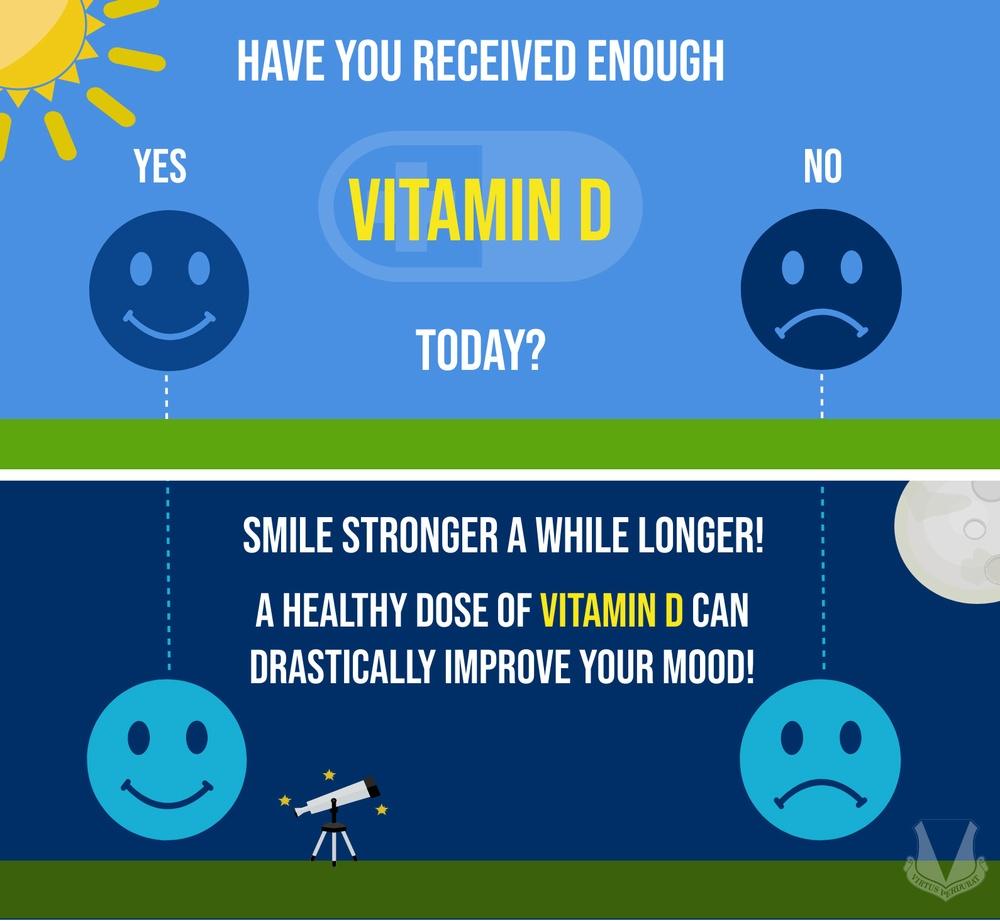In the intricate tapestry of human health, certain threads often weave through various aspects of our well-being in unexpected ways. Among these, vitamin D—a nutrient traditionally celebrated for its role in bone health—has emerged as a surprising player in the arena of weight management. As sunlight graces our skin, it ignites a cascade of reactions that synthesize this essential vitamin, yet modern lifestyles often leave many of us in the shadows, deficient in this crucial nutrient. Recent research suggests that this deficiency may be more than just a missing link in our nutritional intake; it could also be a hidden factor contributing to weight gain. This article delves into the intriguing connection between vitamin D deficiency and weight gain, exploring how this overlooked nutrient may influence our body’s complex mechanisms of energy balance and fat storage. Join us as we uncover the science behind this link and consider the broader implications for health and wellness in an era where both vitamin D deficiency and obesity are on the rise. Vitamin D in Metabolic Health”>
Vitamin D in Metabolic Health”>
Understanding the Role of Vitamin D in Metabolic Health
Vitamin D, often dubbed the “sunshine vitamin,” plays a crucial role in maintaining metabolic health, and its deficiency can lead to unexpected weight gain. This nutrient is vital for numerous bodily functions, including calcium absorption and immune system support. However, its influence extends further, impacting how our bodies process and store fat. Insufficient levels of vitamin D can lead to imbalances in hormones such as insulin and leptin, which are essential for regulating appetite and metabolism.
Recent studies suggest that a lack of vitamin D might contribute to weight gain through various mechanisms, such as:
- Increased Fat Storage: Low vitamin D levels can trigger the body to store more fat, potentially leading to weight gain.
- Hormonal Imbalances: Deficiency may affect the hormones that control hunger and satiety, leading to overeating.
- Reduced Energy Levels: With less vitamin D, individuals might experience fatigue, reducing their ability to engage in physical activity.
Addressing vitamin D deficiency through diet, supplements, or safe sun exposure could be a key step in maintaining a healthy weight and overall metabolic balance.
Exploring the Link Between Vitamin D Levels and Body Weight
In recent years, a growing body of research has highlighted a potential connection between vitamin D deficiency and an increase in body weight. Vitamin D, often referred to as the “sunshine vitamin,” is not only crucial for maintaining bone health but also plays a significant role in metabolic processes. Several studies suggest that low levels of vitamin D may be linked to an increase in fat storage and a decrease in fat oxidation. This connection may be due to vitamin D’s role in regulating hormones such as insulin and leptin, which are critical for hunger and fat storage regulation.
- Hormonal Influence: Vitamin D is known to affect the functioning of hormones that regulate appetite and energy storage.
- Metabolic Impact: Low vitamin D levels can lead to a sluggish metabolism, making weight management more challenging.
- Inflammation: Deficiency may contribute to increased inflammation, which is often associated with obesity.
While further research is needed to fully understand the intricacies of this relationship, ensuring adequate vitamin D intake through diet, supplements, or sensible sun exposure may support better weight management and overall health.

Unveiling How Vitamin D Deficiency May Contribute to Weight Gain
Emerging research suggests that a lack of vitamin D may play a role in unexpected weight gain. This crucial nutrient, often dubbed the “sunshine vitamin,” is not just vital for bone health but also influences several bodily functions that are pivotal in maintaining a healthy weight. When the body is deficient in vitamin D, it may trigger a cascade of metabolic disruptions that can lead to weight gain. Here are some key ways this deficiency might affect your body:
- Hormonal Imbalance: Vitamin D is essential for the production of hormones that regulate appetite. A deficiency might lead to increased hunger and cravings.
- Fat Storage: Low levels of vitamin D can cause the body to store more fat, particularly in the abdominal area, which is often harder to shed.
- Insulin Resistance: Adequate vitamin D levels help maintain insulin sensitivity. A deficiency may contribute to insulin resistance, a known factor in weight gain.
- Mood and Energy: Lack of vitamin D can lead to fatigue and mood swings, which may decrease motivation for physical activity.
By understanding these potential mechanisms, individuals can better appreciate the importance of maintaining sufficient vitamin D levels not just for their overall health, but also as a part of their weight management strategy.

Practical Steps to Boost Vitamin D Intake and Manage Weight
Incorporating more vitamin D into your daily routine can be a game-changer for both your health and weight management journey. Here are some practical steps to help you get started:
- Soak Up the Sun: Spend time outdoors and let your skin naturally synthesize vitamin D from sunlight. Aim for at least 10-30 minutes of midday sun several times a week, depending on your skin sensitivity and geographic location.
- Dietary Boost: Include vitamin D-rich foods in your meals. Options like fatty fish (salmon, mackerel, sardines), fortified dairy products, and egg yolks can significantly contribute to your intake.
- Supplement Wisely: If you’re struggling to meet your vitamin D needs through sunlight and diet, consider a supplement. Consult with a healthcare provider to determine the right dosage for you.
- Check Your Levels: Regularly monitor your vitamin D levels with a blood test. This will help you adjust your lifestyle or supplementation plan accordingly.
Integrating these steps into your lifestyle not only aids in boosting your vitamin D levels but also supports a healthier weight management approach. Consistent and mindful actions can lead to lasting benefits.

